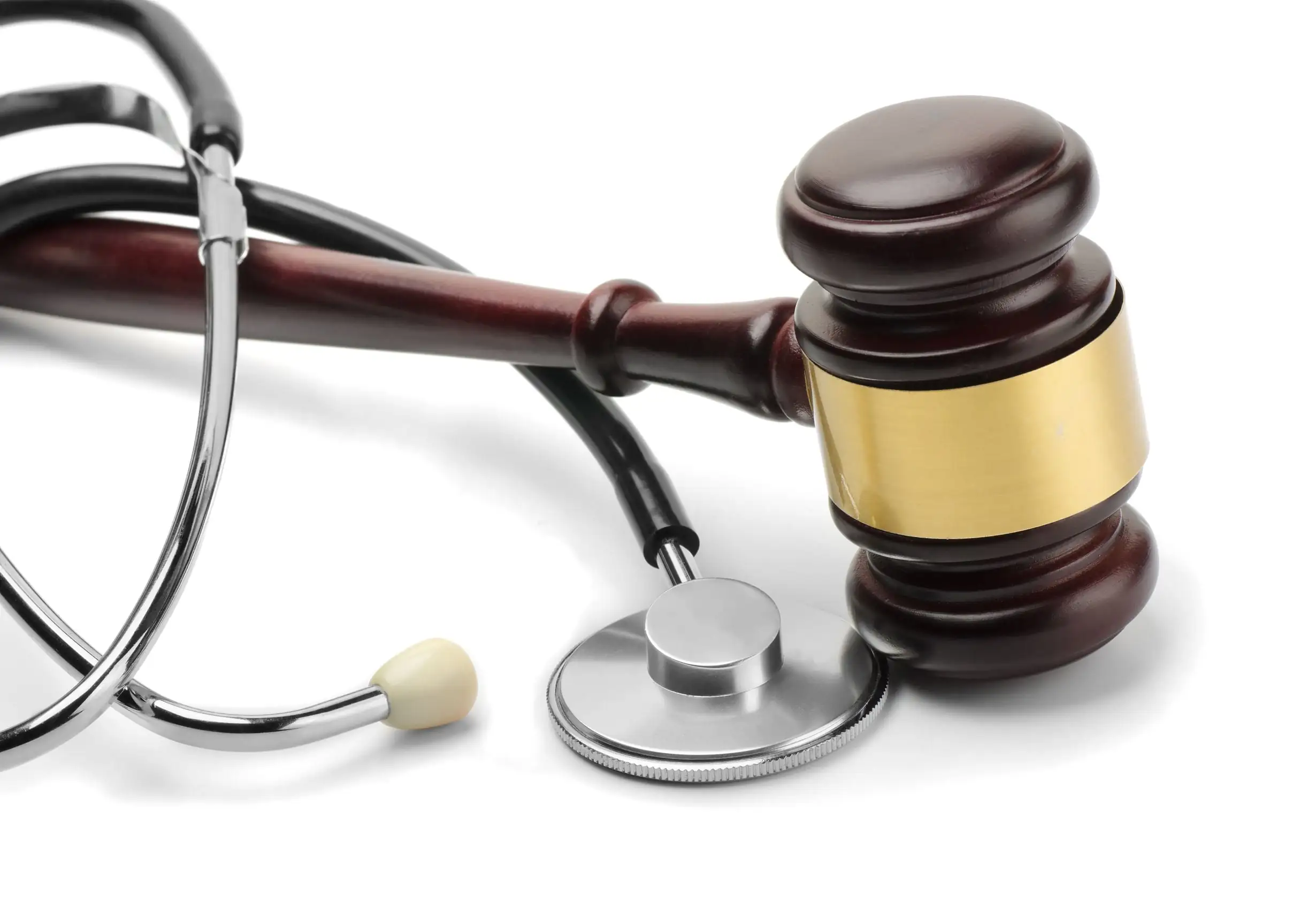Medical Malpractice Claims in Florida: Know Who Can Be Sued

In the increasingly complex healthcare environment, many caregivers and entities are responsible for patient care, and errors on the part of any provider can be catastrophic and result in patient injury or death. Because the healthcare field is more integrative than ever, it can sometimes be difficult to determine which party should be held liable for medical malpractice.
A medical malpractice attorney can help you to determine which parties should be held responsible for your specific case, but generally one (or more) of three entities can be held liable: individual caregivers, hospitals, and pharmaceutical companies.
Caregivers
Many forms of medical malpractice occur when a patient is harmed by a doctor or other medical professional. This can take several common forms, including improper diagnosis, improper treatment, or failure to inform patients of known risks, but is not limited to these categories.
Diagnosis errors occur when a doctor misses or delays a diagnosis that would have been discovered by a competent doctor, and this harms the patient. Improper treatment, in which a caregiver treats a patient in a way that no competent professional would, is another common form of malpractice. Finally, if a doctor does not warn a patient of known risks of a procedure or treatment, known as informed consent, the doctor may be held liable for injuries from the procedure or treatment.
If a caregiver is working in private practice or as an independent contractor for a hospital, he or she may be held directly liable for medical malpractice. However, if the caregiver is a hospital employee, the hospital may be held liable. Which brings us to…
Hospitals
Hospitals can be held liable for medical malpractice due to either hospital negligence, which occurs due to an organizational failure of some kind, or through vicarious liability, wherein a patient is injured as a result of a hospital employee’s actions.
A hospital is responsible for ensuring that its medical staff has the required education, training and licensing to provide patient care. If a hospital does not make reasonable inquiries into a staff member, it may be held liable for his or her incompetence under corporate negligence. A hospital may also be held liable for failure to investigate the credentials of an attending physician that has been granted hospital privileges.
Hospitals are also required to ensure that adequate nursing staff is on duty to maintain a high standard of patient care. Therefore, the hospital can be held liable for adverse patient outcomes that occur as a result of nursing staff shortages or other logistical errors.
When a hospital employee makes an error that results in patient injury, the hospital can also be held liable through vicarious liability. In this context, if the caregiver was acting within the scope of his or her employment with the hospital, the hospital is held vicariously liable under the doctrine of “respondeat superior.” However, if the physician or other caregiver is considered to be an independent contractor, the hospital may not be held liable.
Pharmaceutical Companies
Pharmaceutical manufacturers may be held liable for patient injuries caused by drugs if the company fails to warn prescribers of the drug’s potential side effects or risks. Generally, a pharmaceutical company will not be held liable for drug-related patient injuries so long as it informed the physician of all risks.
However, if the drug company has not performed adequate research of a drug’s risks before putting it on the market, or withholds such information, it can be held liable for adverse outcomes of the drug. Other common causes of prescription drug liability suits include manufacturing errors that lead to patient harm and inadequate or misleading drug use instructions.
About the Author:
Lawlor, White & Murphey in 1998. Since 1995, Mr. Lawlor’s trial advocacy and litigation skills, as well as his wide-ranging legal expertise, have provided plaintiffs and their families with a distinct advantage when seeking financial compensation and justice for injuries caused by the negligence of others. Mr. Lawlor is an EAGLE member of the Florida Bar Association and an active member of the American Association for Justice, the Broward County Justice Association, the American Civil Liberties Union (ACLU), and several professional associations.

